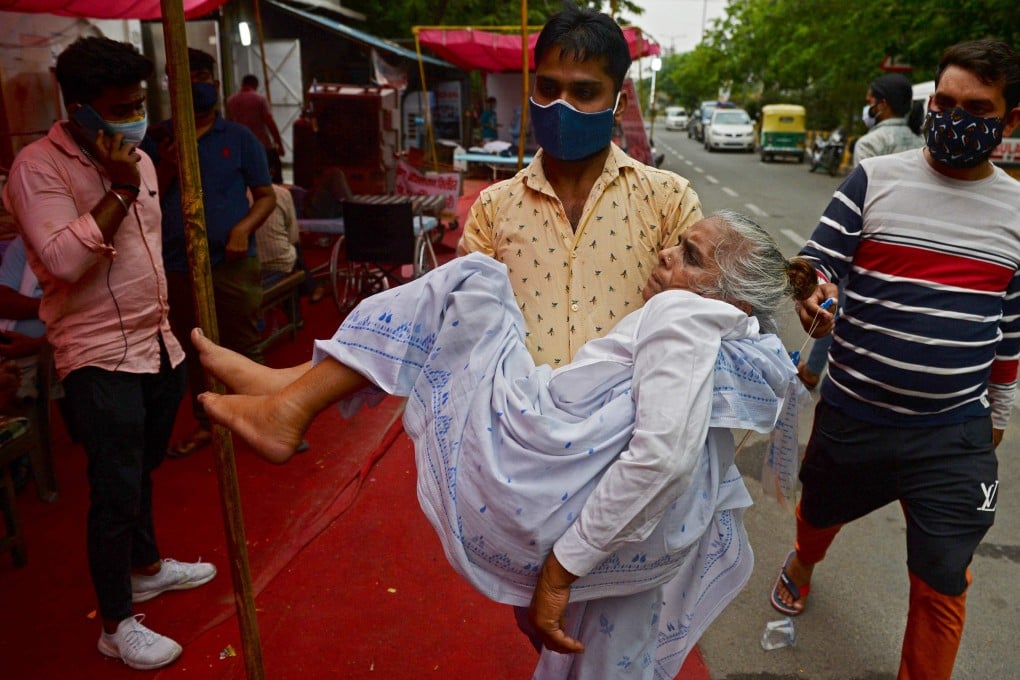WHO designates coronavirus strain in India ‘variant of concern’; doctors warn against using cow dung to ward off virus
- The mutation first found in India appears to be more contagious and might also have increased resistance to vaccines, the UN health agency says
- Meanwhile, doctors have sought to discourage people in the state of Gujarat from covering their bodies in cow dung, in the belief it boosts immunity

The UN health agency said the B. 1.617 variant of Covid-19 first found in India last October might also have some increased resistance to vaccine protections. “There is some available information to suggest increased transmissibility of the B. 1.617,” Maria Van Kerkhove, the WHO’s lead on Covid-19, told reporters.
She also pointed to early studies “suggesting that there is some reduced neutralisation”, a reference to the possibility that vaccines might be less effective against it. “As such, we are classifying this as a variant of concern at the global level,” she said. More details would be provided in the WHO’s weekly epidemiological update on Tuesday, she added.

01:42
Temple in India converted into care centre as coronavirus cases skyrocket
It has for some time been feared that B. 1.617 – which counts several sub-lineages with slightly different mutations and characteristics – might be contributing to the alarming spread. But until now, WHO has listed it merely as a “variant of interest”.
Now it will be added to the list containing three other variants of Covid-19 – those first detected in Britain, Brazil and South Africa – which the WHO has classified as being “of concern”. They are seen as more dangerous than the original version of the virus by being more transmissible, deadly or able to get past some vaccine protections.